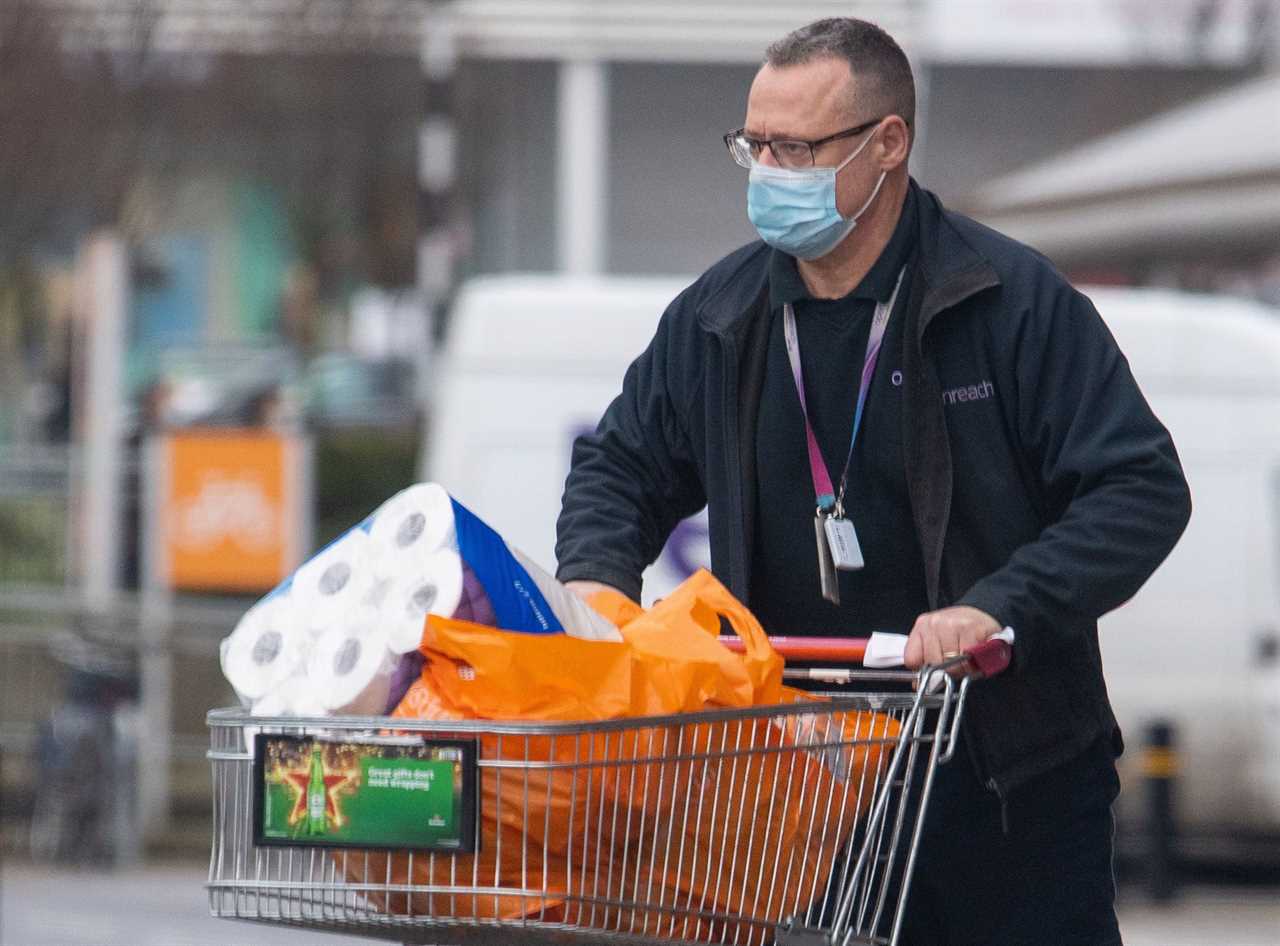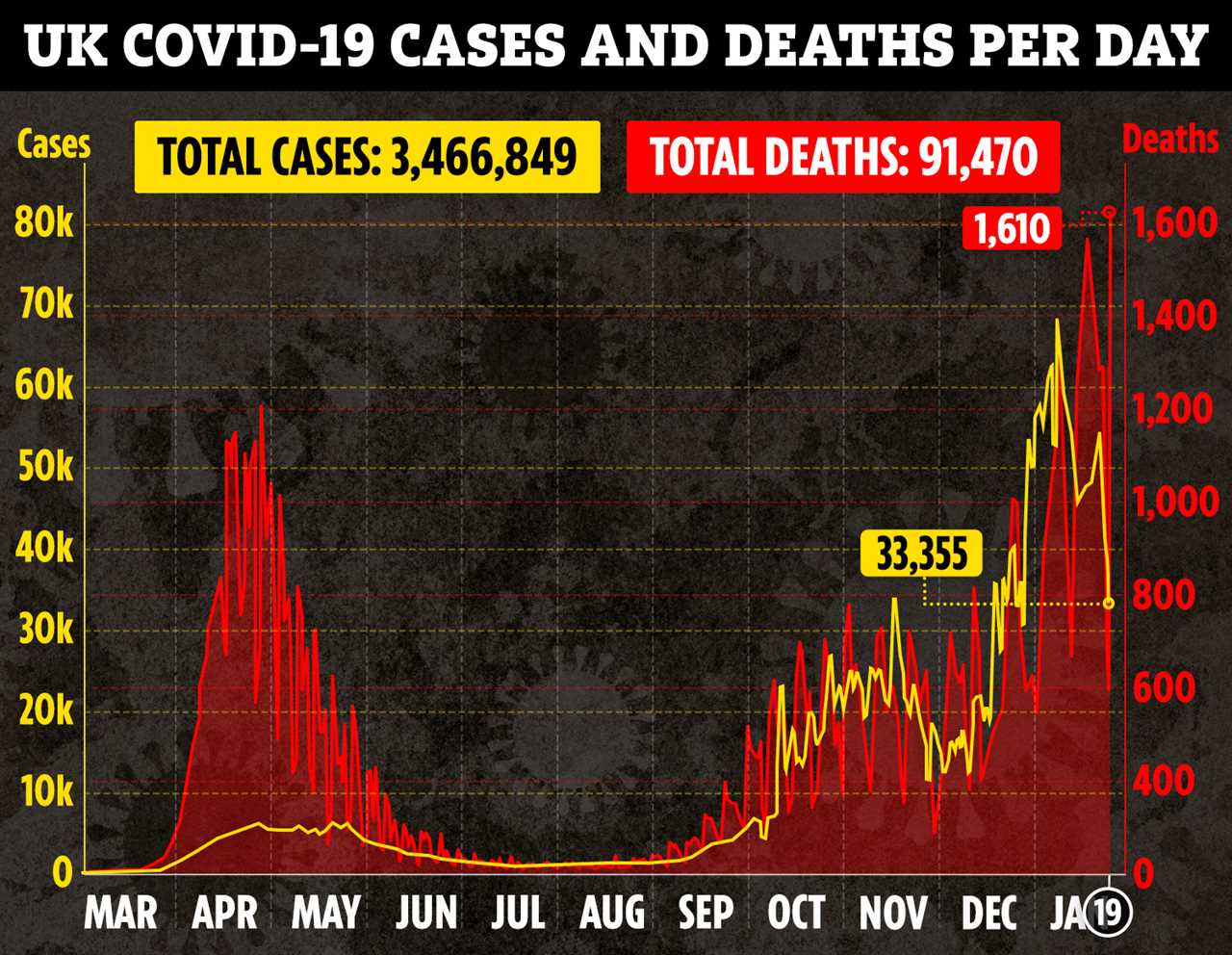MASKS dramatically slash the risk of passing on Covid-19, experts say.
Scientists found a ten per cent increase in mask-wearing in a community leads to a three-fold chance of keeping the R rate below one.

The R rate is the number of people a single infected person will pass the virus to, on average.
If R is less than one, the epidemic shrinks.
Researchers at Boston University, in the US, used data on mask use among 378,207 people.
Their report, published in medical journal The Lancet, said: “Communities with high reported mask-wearing and physical distancing had the highest probability of transmission control.”
Ministers have recently looked into extending rules on face coverings.
Dr Christina Astley, epidemiologist with Boston Children’s Hospital and Harvard Medical School, and study co-author, said: “Our findings suggest widespread use of face masks may help to control Sars-Cov-2 (the virus that causes Covid-19) transmission.
“The world is facing a more transmissible coronavirus strain, hospitals are struggling with new cases and vaccination programmes are still being rolled out.
“This research provides additional evidence that those interventions should include wearing face masks to protect ourselves and as well as physical distancing.”







